Resin-bound stone is a surfacing solution made by mixing natural aggregates with a clear resin binder to create a smooth, permeable, and visually striking finish. It is commonly used for driveways, pathways, patios, and public spaces due to its durability and aesthetic appeal.
However, the success of any resin-bound surface heavily depends on the quality of its base. Proper base preparation is essential to ensure the longevity, structural integrity, and visual smoothness of the final surface. In this guide, we’ll walk through the crucial steps and considerations for preparing a solid, stable base that supports lasting results.
What is Resin Bound Stone Base Preparation?
Resin-bound stone base preparation is the process of creating a strong, stable, and clean foundation before installing a resin-bound surface. It ensures long-term strength, durability, and a smooth finish.
Why Is Base Preparation Important?
A good resin-bound gravel installation base prevents cracking, sinking, and water damage. Proper substrate preparation for resin-bound gravel makes your surface last longer and look better.
Best Base Materials
The best base material for resin bound stone is usually tarmac (asphalt) or concrete. These materials give a solid, even layer for the resin to stick to.
Key Steps
- Compact the base well to avoid movement.
- Use proper resin surface base preparation techniques like edge restraints and leveling.
- Make sure the surface slopes for drainage.
Why is a Solid Base Important for Resin Bound Stone?
A strong, well-prepared base is key to a smooth, long-lasting resin-bound surface installation. The following are some of the reasons why a solid base is important:
Prevents Cracking and Shifting
A solid resin-bound driveway base stops movement in the ground. This helps prevent cracks, dips, or loose areas in the surface.
Supports Strong Adhesion
Good resin base layer preparation helps the resin stick properly. Poor bonding can cause the stone to lift or break over time.
Increases Lifespan
A firm, resin-bound gravel installation base extends the life of your driveway or path. Weak or loose bases wear down much faster.
Special Surfaces Need Extra Care
Old concrete may need repairs before resin surface base preparation. Block paving or loose gravel may not be suitable without extra work.
Best Base Material
The best base material for resin bound stone is asphalt (tarmac) or solid concrete. These offer strength, level surfaces, and proper drainage.
What Are the Common Types of Base for Resin-Bound Stone Installations?
Choosing the right base is one of the most important steps in any resin-bound surface installation. Here’s a detailed look at the most common base options for resin bound stone installation;
1. Tarmac (Asphalt) Base
Most recommended base material for resin bound stone.
- Strong and flexible which makes it ideal for driveways and paths.
- Allows water drainage through joints.
- Bonds well with resin.
Some disadvantages of using it are:
- Needs to be in good condition – no cracks or loose areas.
- Should be laid at least 7 days before resin application.
It is best for:
- Resin-bound driveway base
- Heavy traffic areas
- Domestic and commercial use
2. Concrete Base
A common choice, but needs proper care before use.
Some advantages of using it are:
- Solid and durable when properly cured.
- Good for flat and stable installations.
- Suitable for both light and moderate traffic.
Here are some Cons:
- Must be dry and clean – moisture causes resin to fail.
- Needs expansion joints and may need a primer for resin to stick.
- May not drain water unless holes are drilled or additional drainage is installed.
Best for:
- Patios, courtyards
- Paths with light to moderate use
3. Compacted MOT Type 3 Stone Base
Used as a sub-base under tarmac or resin-bound gravel systems.
Pros:
- Excellent for drainage.
- Lightweight and eco-friendly (less fines than Type 1).
- Helps create a stable resin-bound gravel installation base.
Cons:
- Not strong enough on its own – needs a binder course or top layer.
- More preparation time required.
Best for:
- Permeable installations
- Areas needing SUDS compliance (sustainable drainage)
- Gardens or tree pits
4. Block Paving or Loose Gravel
It is not suitable as a direct base because:
- Moves easily, which causes resin to crack.
- No solid support for long-term durability.
- Needs to be removed or fully reinforced before resin is laid.
However, it can be used if it is completely overlaid with concrete or tarmac.
How Do You Prepare a Surface for Resin Bound Stone Installation?
To start a successful resin-bound surface installation, you need proper resin surface base preparation techniques.
- First, clean the area well—remove dirt, dust, oil, and moss. This step is key for strong bonding and is called surface cleaning for resin bound systems.
- Next, inspect the base. Whether it’s concrete or tarmac (the best base material for resin bound stone), make sure it’s solid, dry, and level. Fix any cracks or uneven spots.
- If you’re using concrete, apply a primer to help the resin stick. Use basic tools like a broom, level, or pressure washer to prep the surface. Good resin base layer preparation ensures your resin-bound driveway base or path stays smooth and strong for years.
What Are the Key Considerations for Ensuring a Durable Resin Bound Stone Base?
For a long-lasting and strong resin-bound surface installation, the base must be properly prepared and maintained. One of the most important factors is moisture control.
The surface must be completely dry before applying the resin, as moisture can prevent bonding and cause surface failure.
Temperature also plays a key role. Resin should not be laid in cold or damp conditions, as this affects curing and overall strength.
Proper resin base layer preparation includes compacting the base well to avoid any sinking or movement. A loose or uneven surface leads to cracking and shortens the life of the installation.
Choosing the best base material for resin bound stone, such as solid concrete or tarmac, is essential. These materials provide the right strength, drainage, and bonding surface for the resin.
Ongoing care is also important. Keep the surface clean and inspect the resin-bound driveway base regularly for any signs of damage or movement.
Use proper resin surface base preparation techniques, and always rely on quality aggregates and resin for a durable, attractive result.
A well-prepared resin-bound gravel installation base ensures the surface stays strong and beautiful for years.
How Does Resin Bound Stone Base Preparation Affect Installation Costs?
The way you prepare the base has a big impact on the total cost of a resin-bound surface installation.
High-quality resin base layer preparation may cost more upfront, but it helps avoid future problems like cracking or sinking.
Investing in proper resin surface base preparation techniques, such as compacting the ground, fixing damage, and using the best base material for resin bound stone (like tarmac or concrete), makes the surface last longer and reduces repair costs.
Cutting corners during substrate preparation for resin-bound gravel can lead to water damage, poor bonding, and costly fixes.
Skipping proper surface cleaning for resin bound systems or using unstable materials may save money at first, but often leads to a weak resin-bound driveway base that needs early replacement.
In short, preparing a strong, stable resin-bound gravel installation base may increase initial costs but saves money in the long run by reducing maintenance and extending the life of the surface.
How to Ensure the Correct Thickness of Resin Bound Stone Base?
Getting the right thickness for your resin-bound gravel installation base is key to a strong and long-lasting resin-bound surface installation. The ideal base thickness depends on the usage and area type.
For most driveways, the resin-bound driveway base should have a solid sub-base (like MOT Type 3) around 150–200mm deep, followed by a 50–60mm tarmac or concrete surface.
For footpaths or patios, 100mm of sub-base and 40mm of surface material may be enough. The final resin layer itself is usually 15–18mm thick.
Correct thickness helps prevent cracking, sinking, or surface failure. Too thin, and the resin base layer preparation won’t support the load. Too thick, and it may become uneven or take longer to cure.
To get the right depth, use measuring tools like a depth gauge or screeding rails. During resin surface base preparation, always compact the sub-base properly and make sure it’s level.
Following proper resin surface base preparation techniques ensures your substrate preparation for resin-bound gravel is stable and built to last.
Wrapping Up: Best Practices for Resin Bound Stone Base Preparation
A solid resin-bound driveway base begins with proper resin surface base preparation. Key steps include choosing the best base material for resin bound stone, ensuring good drainage, and thorough surface cleaning for resin bound systems.
Avoid common mistakes like using weak sub-bases or skipping curing time. Careful planning and attention to substrate preparation for resin-bound gravel will ensure a smooth, durable finish and long-lasting resin-bound surface installation.

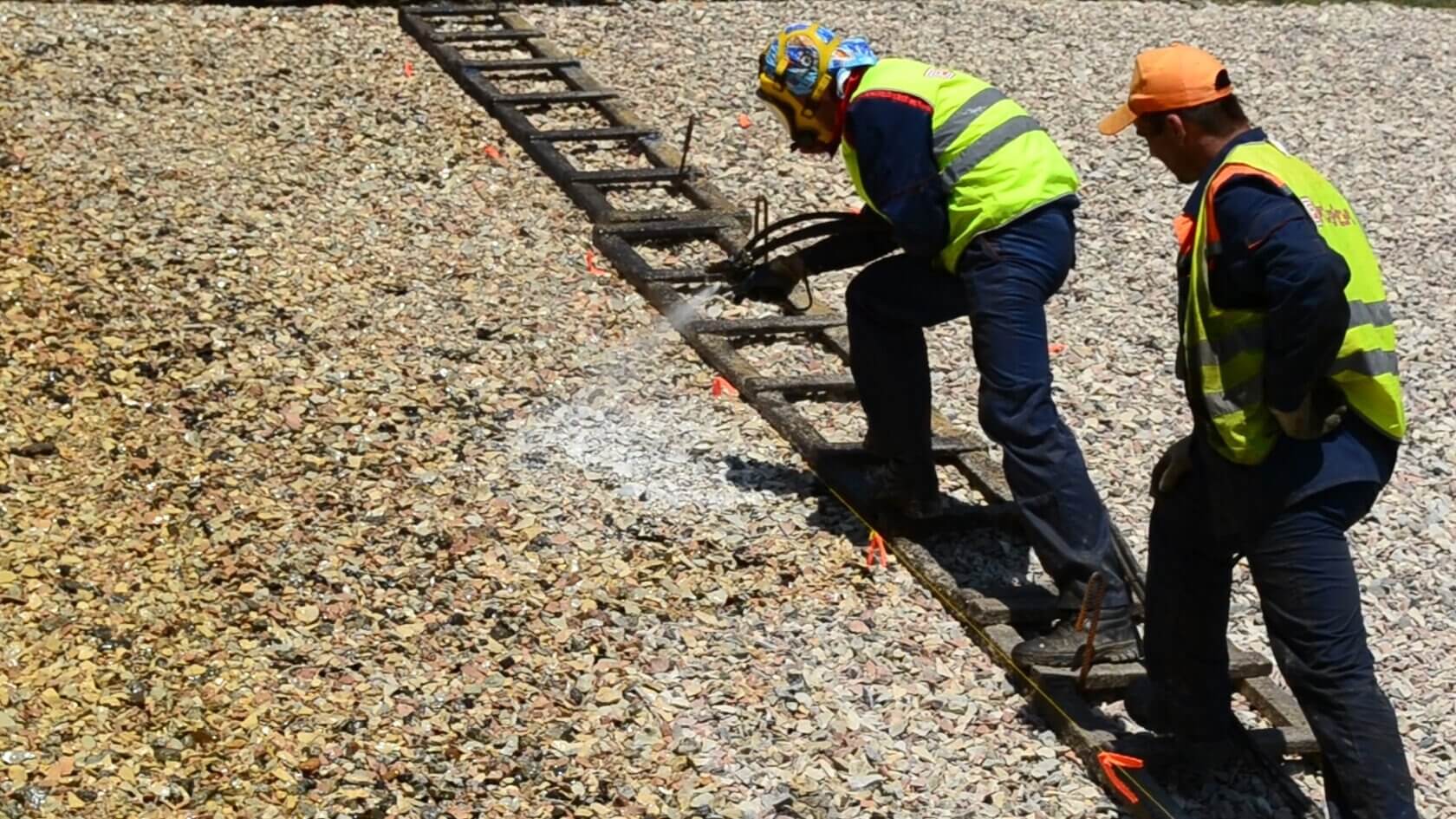
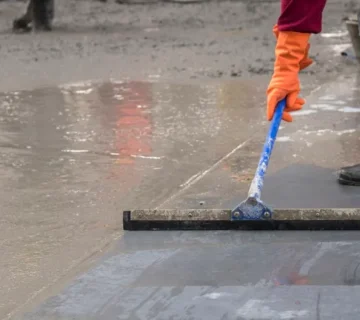

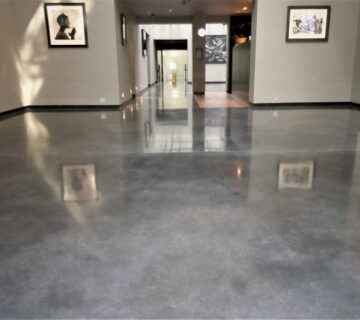
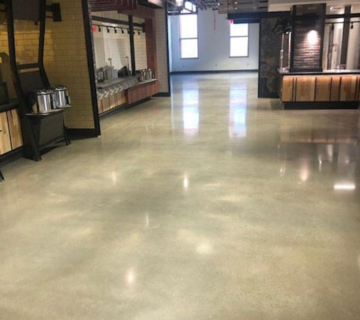
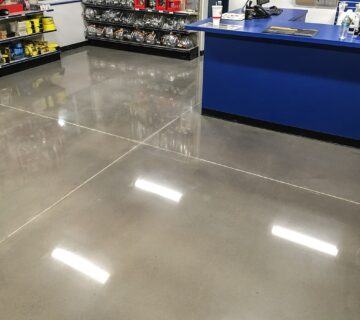

No comment